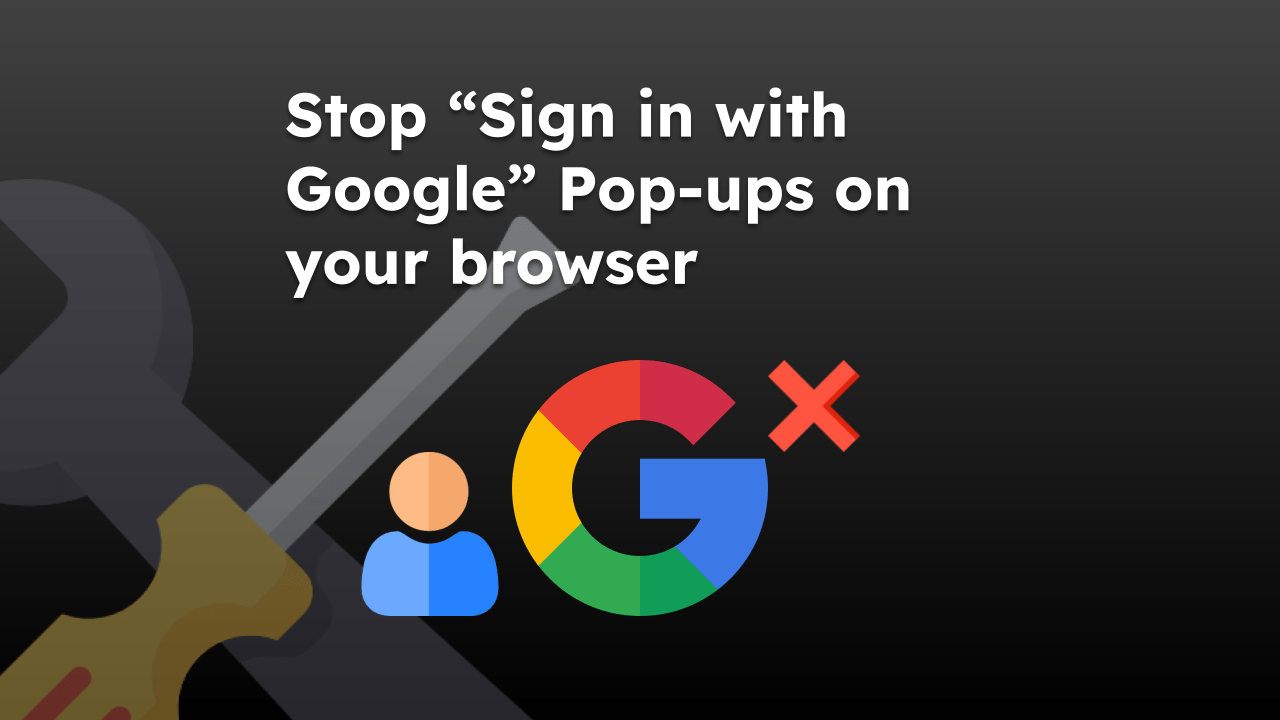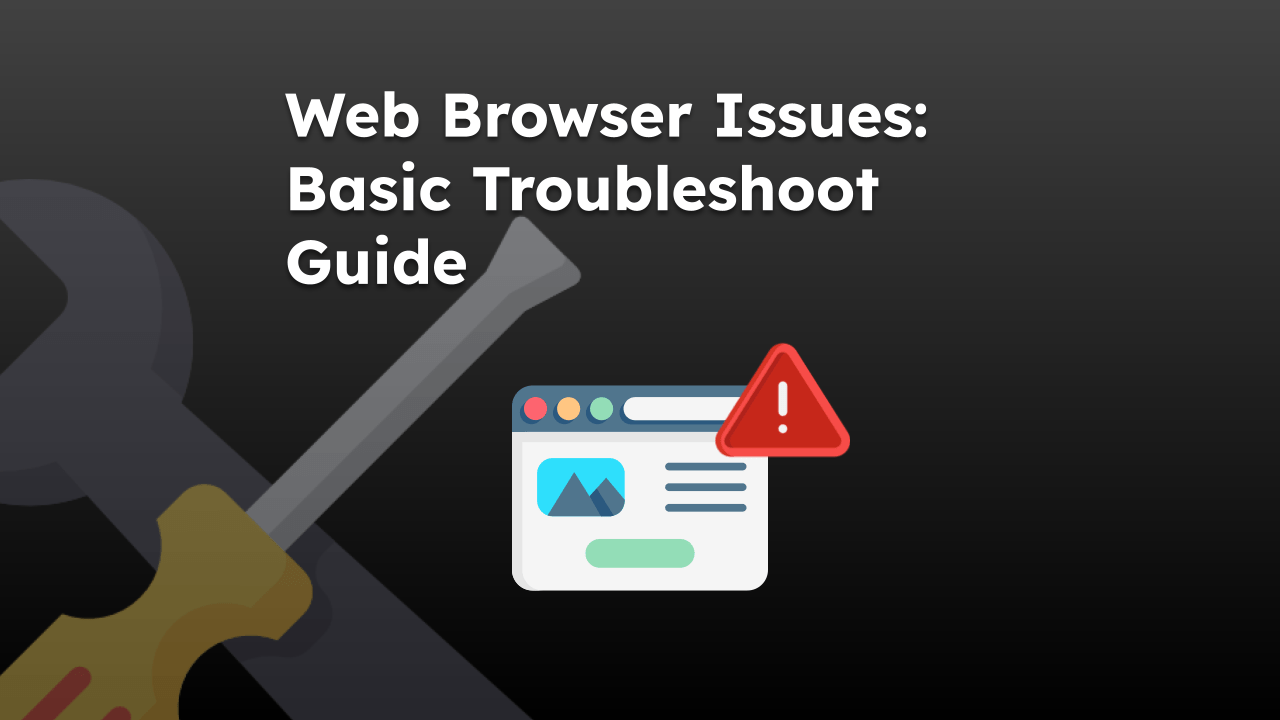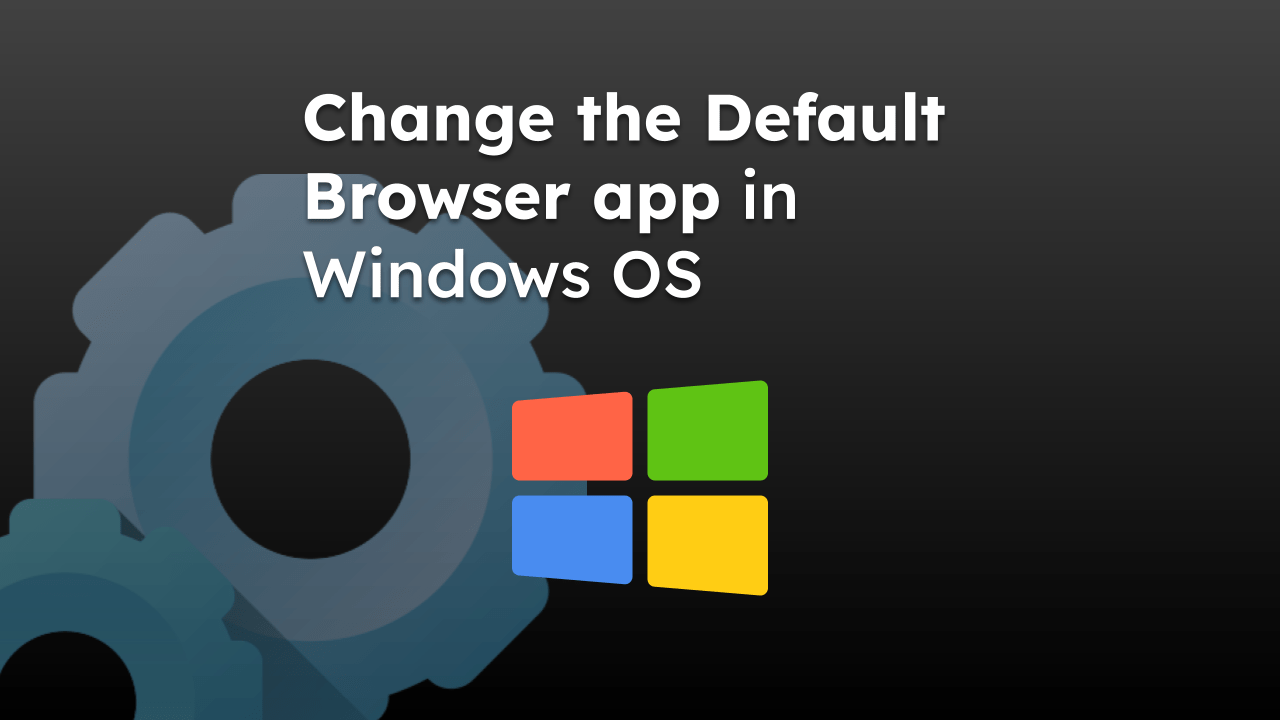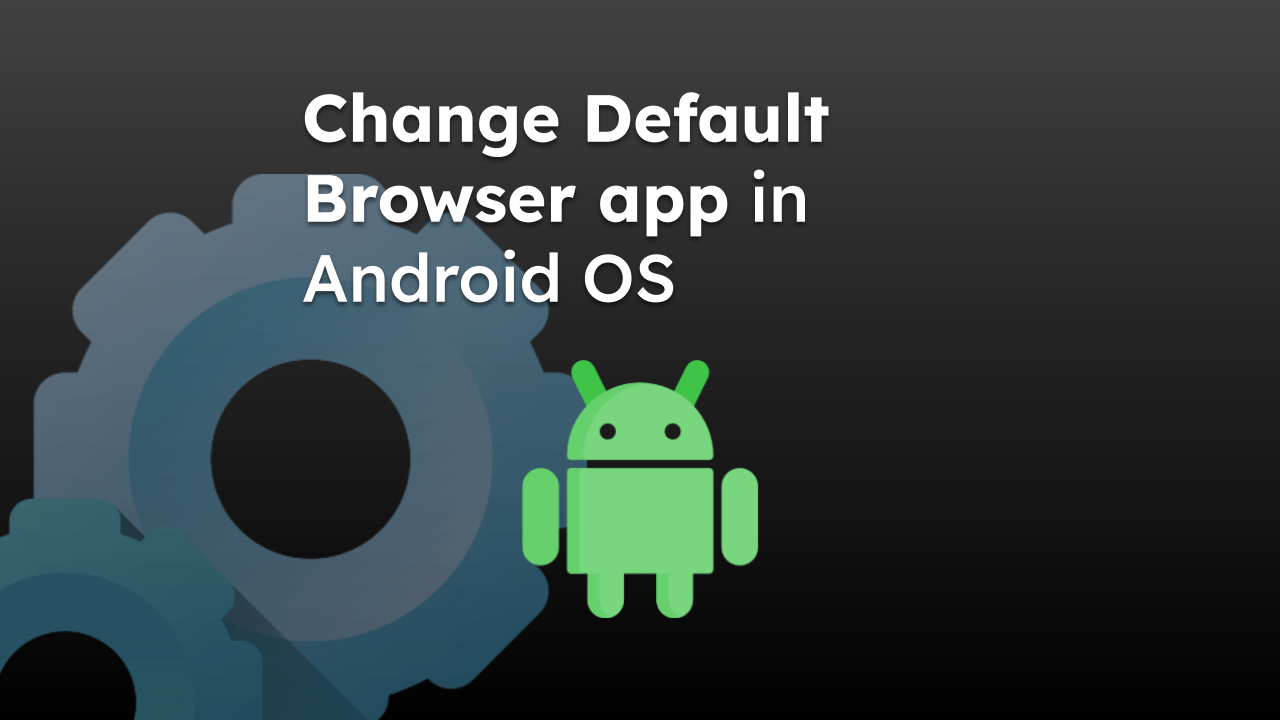An outdated web browser often leads to security threats that can cause your browser to compromise the information and data.
It can cause compatibility issues, low performance, compromise passwords, etc., and be highly vulnerable to hacking. The older browser version also needs to include the latest feature upgrades.
Hence, keeping your browser updated and to the latest version is recommended.
In this guide, I have shared written instruction about:
Risk 1: Getting the Cyber Attacks
Using an older browser version makes it more prone to cyber-attacks. When that happens, all your data will be in the hands of the attackers. In some instances, these attacks have far-reaching consequences.
Rather than limiting the damage to your browser, they might even access all the data stored on your system, using your web browser as the entry point.
Therefore, to mitigate these cyberattacks, installing the latest available updates is recommended.
Risk 2: Getting Personal Data Hacked
The probability of your browser getting hacked increases manifolds when using an older web browser. This is because the security of these browsers hasn’t been updated to the latest, and this is just the right platform for hackers to act upon.
Once they can access your browser, they might inject it with malware and viruses, direct you to malicious sites, or, even worse, get all your precious data within a few minutes.
Hence, installing the latest build should be among your top priorities to safeguard your precious data.
Risk 3: Unsafe Digital and Privacy Threats
There’s also an increased risk of digital threats, including malware, Trojans, keyloggers, and denial of service (DoS) attacks.
Whereas trojans could disguise themselves as legitimate software and gain entry to your system, keyloggers would keep a note of all your keyboard strokes.
Be it your passwords, credit card information, or even the websites you visit, it will all get stored on their database without a hint of warning.
While entirely negating these concerns might not be a cup of tea, there’s a high chance you could mitigate it up to a large extent by using the latest version of your preferred browser.
Risk 4: Compromise the Saved Passwords
Many users prefer to have their Google/Microsoft account signed in to the browser. This helps them to save and sync their passwords across all logged-in sites. However, this is undoubtedly an inventing risk on an older browser build.
Since your browser’s security hasn’t been upped in quite a while, there is a high chance of the data getting breached, and hence, your passwords would then be available for everyone to see.
As before, the solution is right in front of your eyes- install the pending browser updates as soon as possible.
Risk 5: Lacking New Features and Security Improvements
Updates improve the overall security of the browser and tend to add new and intriguing features.
Be it for the efficient management of tabs, the addition of new privacy features, or even a UI overhaul, you would be missing all these goodies if you don’t keep your browser up to date.
Risk 6: Unknown Compatibility Issues
Many new web-based apps, websites, and extensions are coming online.
These user-interactive elements are graphics-intensive and require a decent amount of processing power, which outdated browsers couldn’t provide at their total capacity.
Hence, you should immediately consider updating the browser.
Risk 7: Browser Lag and Speed Issues
More prone to attacks, not optimized to support modern websites, and lack new features- all these translate to a slow and sluggish browsing experience. This and an old user interface would only worsen the matter.

We have few guides on improving the browser performance:
- Google Chrome is Slow: Speed Up the browser
- Fix: Microsoft Edge is Slow and Sluggish Performance
- Increase the Slow Safari browser Speed on Mac
- Fix: Slow Brave Browser on a Computer
Bottom Line
So, these were some of the significant privacy risks and security concerns you will likely face when using an older browser version.
Well, all browsers will have bugs; none are free of vulnerabilities. However, developers quickly patched these issues and released the fix in the next update.
We have detailed guide how to on update the browser:
- Download New Chrome and Update to Latest Version
- Update Safari browser without upgrading macOS
- Microsoft Edge and Update it to Latest Version
- Opera Browser and Update it to Latest Version
- Mozilla Firefox and Update it to Latest Version
Therefore, it should be on top of your priority queue to keep your browser up-to-date.
Note that this isn’t a comprehensive list; instead, they are just some of the most common threats your browser could encounter. There could be many other risks lurking around, waiting to get the perfect opportunity to strike.
Lastly, if you've any thoughts or feedback, then feel free to drop in below comment box. You can also report the outdated information.










We have plenty of web browsers to choose from but many are based off of Chromium. The only other two engines are WebKit which Safari uses and Gecko which Firefox uses. If you’re a hacker the target is simple, Chromium has the biggest potential for hackers and not every Chromium based browser updates that fast as to circumvent a zero day flaw. I use Chrome but am well aware that its a big target and that sort of goes with the most popular browser.